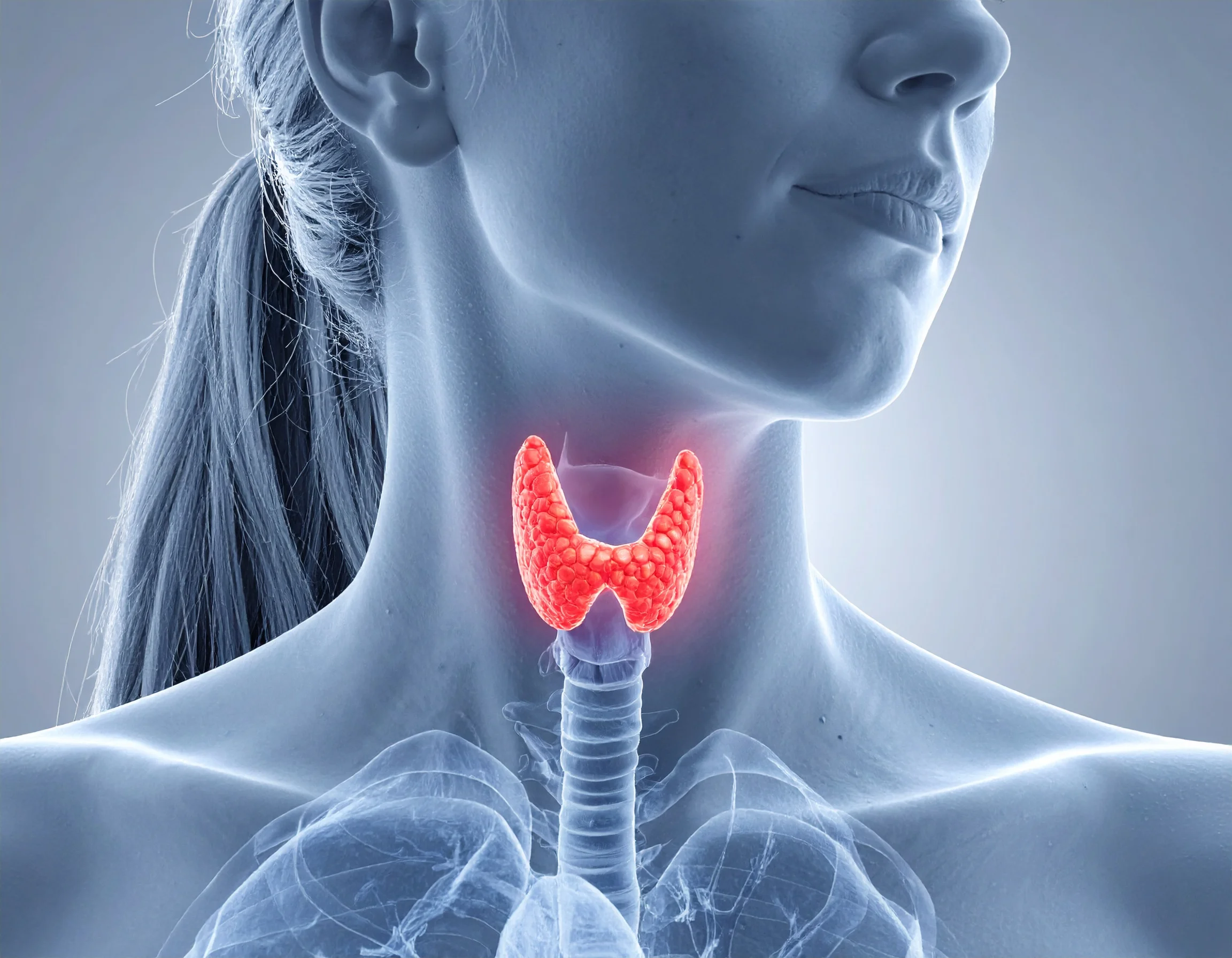🧂
Iodine: Handle With Care
Iodine is essential—your thyroid literally cannot make hormones without it. But here's where it gets complicated: too much iodine can be just as problematic as too little, especially if you have Hashimoto's.
The reality: Most people in developed countries get enough iodine from iodized salt, seafood, eggs, and dairy. True iodine deficiency is rare in these populations. However, if you're vegan, avoid these foods, or live in an area with low soil iodine, you might need more.
The danger: I've seen people with Hashimoto's supplement with high-dose iodine and trigger severe flares. Excess iodine can also cause hyperthyroidism in susceptible individuals. The American Thyroid Association warns against indiscriminate iodine supplementation.
What to do: Get tested first. A 24-hour urinary iodine test or serum iodine can tell you if you're actually deficient. If you are, work with a practitioner to supplement appropriately. If you're not, focus on whole food sources and skip the supplement.
Pregnancy note: Iodine needs increase during pregnancy, and supplementation is often recommended. Follow your obstetrician's guidance here.
⚡
Selenium: The Conversion Catalyst
Selenium is where thyroid hormone conversion happens. Your body converts inactive T4 to active T3 using selenium-dependent enzymes called deiodinases. Without adequate selenium, you can have normal T4 levels but still feel terrible because your body isn't converting it properly.
For Hashimoto's: This is where selenium really shines. Multiple studies show that supplementing with 200 mcg of selenomethionine daily can reduce TPO antibody levels in Hashimoto's patients. This doesn't cure the condition, but it can reduce autoimmune activity.
The dosage: Research consistently shows benefit at around 200 mcg daily. The upper limit is 400 mcg for adults—don't exceed this, as selenium toxicity is real and can cause hair loss, gastrointestinal issues, and neurological problems.
Food sources: Brazil nuts are nature's selenium powerhouse, but they vary wildly in content. Two to three Brazil nuts daily is usually sufficient. Other sources include sardines, tuna, sunflower seeds, and mushrooms.
Testing: While not always necessary, a selenium level can help guide supplementation, especially if you're considering higher doses.
☀️
Vitamin D: The Immune Modulator
Vitamin D deficiency is incredibly common in people with autoimmune thyroid disease. While vitamin D doesn't directly "treat" thyroid disease, adequate levels support immune function and may reduce autoimmune activity.
The evidence: Some meta-analyses show that vitamin D supplementation can reduce thyroid antibody levels in Hashimoto's patients. However, the research isn't entirely consistent, and vitamin D isn't a cure for thyroid disease.
Why it matters: Low vitamin D is associated with worse thyroid function and higher antibody levels. Correcting deficiency is important for overall health, regardless of thyroid status.
Testing: Get your 25-hydroxyvitamin D level checked. Optimal levels are typically considered 40-60 ng/mL, though some practitioners prefer higher. Work with your healthcare provider to determine your target.
Supplementation: If you're deficient, follow standard deficiency treatment protocols. This often involves higher doses initially (like 5,000-10,000 IU daily) followed by maintenance dosing. Don't self-prescribe high doses without testing and guidance.
🔧
Iron: The Hidden Deficiency
Iron deficiency is surprisingly common in thyroid patients, especially women. Here's why it matters: iron is required for thyroid peroxidase (TPO) activity, the enzyme that makes thyroid hormones. Without adequate iron, your thyroid can't produce hormones effectively, even if you have enough iodine.
The connection: I've seen clients whose thyroid function improved significantly after addressing iron deficiency, even without changing their medication dose. This isn't surprising—if your thyroid can't make hormones properly, medication can only do so much.
Testing: Check both ferritin (iron storage) and hemoglobin. Ferritin is particularly important—levels below 30 ng/mL can impair thyroid function, even if you're not anemic. Some practitioners prefer ferritin levels above 50-70 ng/mL for optimal thyroid function.
Supplementation: If you're deficient, work with your healthcare provider. Oral iron can cause gastrointestinal issues, and timing matters (especially if you take thyroid medication). Some people do better with iron infusions, but this requires medical supervision.
Important: Don't take iron supplements "just in case." Excess iron is harmful and can interfere with other minerals like zinc and copper.
⚙️
Zinc: The Overlooked Mineral
Zinc plays multiple roles in thyroid function: it's involved in hormone synthesis, T4 to T3 conversion, and thyroid receptor activity. Low zinc levels are associated with thyroid dysfunction, though the research is more observational than interventional.
The evidence: Studies show correlations between low zinc and thyroid dysfunction, but there's less research on whether supplementing improves function in people who aren't deficient. However, if you are deficient, correcting it matters.
Food sources: Oysters are the best source, but most people get zinc from red meat, poultry, beans, nuts, and whole grains. If you're vegetarian or vegan, pay attention to zinc intake, as plant sources are less bioavailable.
Supplementation: If you're deficient, supplementing can help. However, excess zinc interferes with copper absorption, so don't megadose. Typical supplementation is 15-30 mg daily, and it's best to take it with food to avoid nausea.
Testing: Serum zinc can be helpful, though it's not always accurate. If you have symptoms of deficiency (poor wound healing, taste/smell issues, frequent infections) and low dietary intake, supplementation might be worth trying under guidance.
